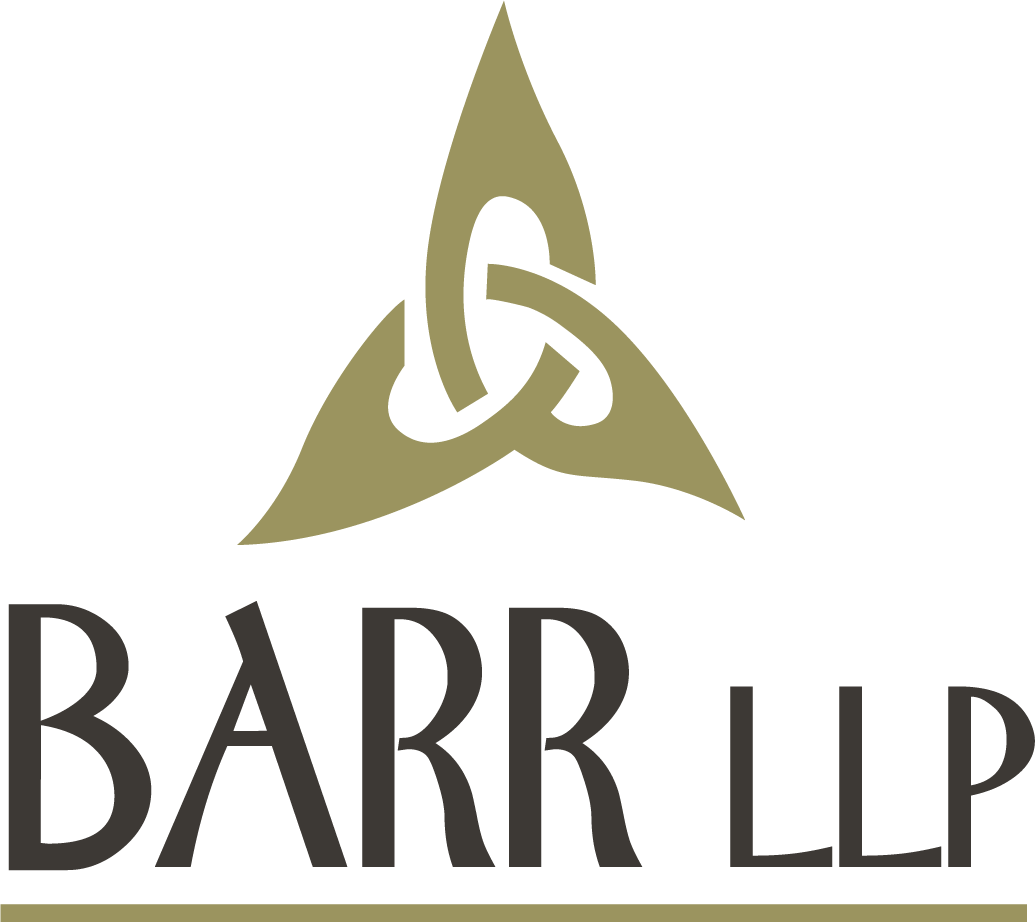BARR LLP offers a wide range of corporate and commercial services for medium and small businesses. Whether you operate alone or employ dozens of workers, whether you are just starting out, or whether you are selling your business before retirement, we can offer customized solutions tailored to your needs.
- Home
- Lawyers
- Gordon E.W. Barr, K.C.
- Benjamin G. Taylor
- Dan Nagase
- Yoko Azumaya
- Graham A.B. Barr
- Stephen English K.C.
- Richard M. Bell
- Allison Barkwell
- Derek Anderson
- Ken Proudman
- David Ranieri
- Joshua Jackson
- Erin M. Hnit
- Sean S. McMann
- Brandon K. Hans
- Ryan McKenna
- Asa Hagel
- Mathieu Maillet
- Coulton Bell
- Janaia Fedor
- Elwood (“Woody”) Johnson, K.C.
- Practice Areas
- Family & Divorce
- Wills & Estates
- Real Estate
- Civil Litigation
- Corporate & Commercial
- Mediation
- Criminal Law
- Blogs
- About
- Contact







